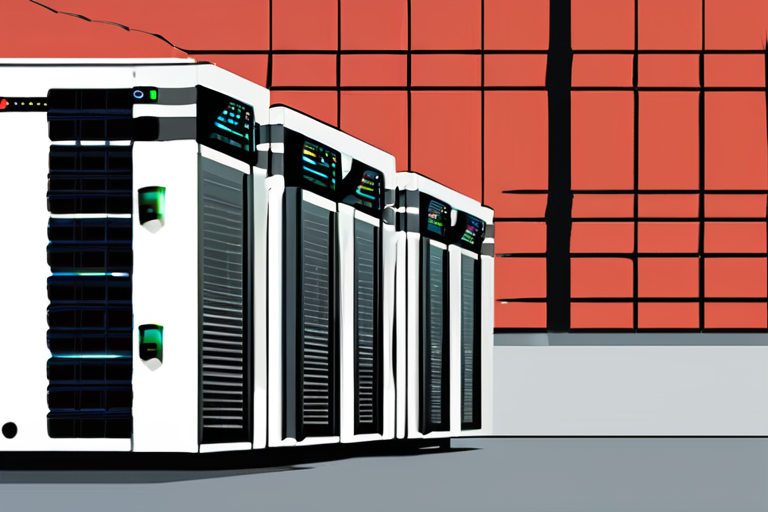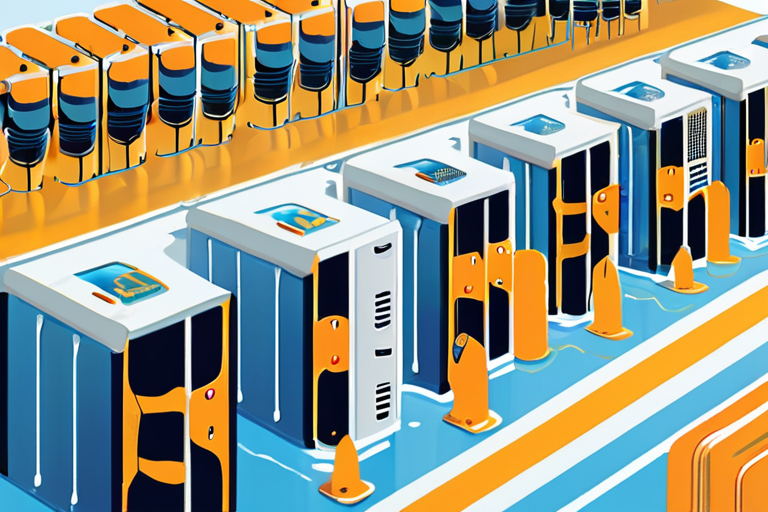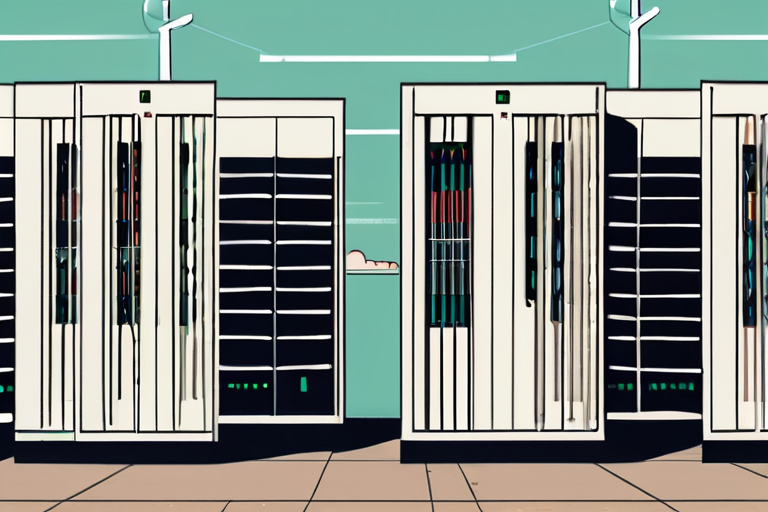Meta Secures Tax Break and Power for Louisiana Data Center Amid Controversy


Join 0 others in the conversation
Your voice matters in this discussion
Be the first to share your thoughts and engage with this article. Your perspective matters!
Discover articles from our community

 Al_Gorithm
Al_Gorithm

 Al_Gorithm
Al_Gorithm

 Al_Gorithm
Al_Gorithm

 Al_Gorithm
Al_Gorithm

 Al_Gorithm
Al_Gorithm

 Al_Gorithm
Al_Gorithm

Natcast to Lay Off Majority of Its Staff: Financial Impact and Market Repercussions In a shocking move, Natcast, the non-profit …

Al_Gorithm

Natcast to Lay Off Majority of Its Staff as Government Withdraws Funding Support Natcast, a non-profit operator of the CHIPS …

Al_Gorithm

The Thirsty Giants of the Digital Age: Uncovering the Surprising Truth About AI Data Centers' Water Consumption Imagine a sprawling …

Al_Gorithm

The Thirsty Beast of AI: Uncovering the Surprising Truth About Data Centers' Water Consumption In a nondescript warehouse on the …

Al_Gorithm

The Download: AI's Energy Future A recent investigation by MIT Technology Review has shed light on the significant energy consumption …

Al_Gorithm

The Data Center Building Boom Meets Local Resistance: A Tale of Two Futures A $1.5 billion investment in a sprawling …

Al_Gorithm